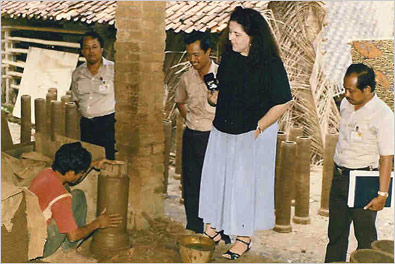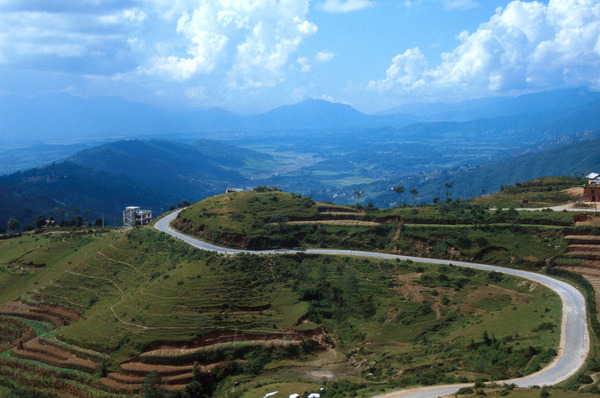 The Obama campaign in 2008 talked much about the work ethic of Obama’s mother but precious little about what she actually did with her life. One can assume that this was partly because being a professional anthropologist — living in villages in Java — would not resonate as a traditional American job (though it would have the advantage of making “community organizer” seem more mainstream by comparison).
The Obama campaign in 2008 talked much about the work ethic of Obama’s mother but precious little about what she actually did with her life. One can assume that this was partly because being a professional anthropologist — living in villages in Java — would not resonate as a traditional American job (though it would have the advantage of making “community organizer” seem more mainstream by comparison).
So it was stunning that only recently have we learned about what Obama’s mother, Ann Dunham Soetoro, actually studied. In a New York Times oped, an academic colleague, Michael Dove, described the product of Soetero’s 14 years of research into the local economy of a Javanese village. She concluded that anti-poverty efforts that relied on local government could backfire.
Running through Dr. Soetoro’s doctoral research, as through all her work, was a challenge to popular perceptions regarding economically and politically marginalized groups; she showed that the people at society’s edges were not as different from the rest of us as is often supposed….
Village craftsmen were “keenly interested in profits,” she wrote, and entrepreneurship was “in plentiful supply in rural Indonesia,” having been “part of the traditional culture” there for a millennium.
Based on these observations, Dr. Soetoro concluded that underdevelopment in these communities resulted from a scarcity of capital, the allocation of which was a matter of politics, not culture. Antipoverty programs that ignored this reality had the potential, perversely, of exacerbating inequality because they would only reinforce the power of elites. As she wrote in her dissertation, “many government programs inadvertently foster stratification by channeling resources through village officials,” who then used the money to further strengthen their own status.
This sentiment was quite similar to what Obama himself observed as a community organizer in Chicago.
Though Obama’s approach to health care has been cast as statist and BigGuvment oriented, it’s notable that he sells the idea of a public option largely as a way of making markets work better, not as a fundamental responsibility of government.
Obama clearly has a policy streak that leans toward government intervention but his experience as a community organizer — and perhaps his mom’s experience in Java — taught him that, done improperly, government intervention can make things worse rather than better. Perhaps Obama’s unwillingness to fall on his sword over the public option stems from this ambivalence about the proper role of government.

